Calls for DRC to benefit from $150m Glencore corruption damages

After the Swiss attorney general fined commodities group Glencore CHF2 million ($2.3 million) and ordered it to pay compensation of $150 million over corruption in the Democratic Republic of Congo (DRC), a Swiss legislator has echoed the demands of Congolese NGOs that at least part of these damages should be allocated to the DRC, instead of remaining in Swiss state coffers.
After a four-year investigation, the Swiss Office of the Attorney General (OAG) issued a summary penalty orderExternal link against Glencore on August 5, 2024, finding it guilty of failing to take all necessary measures to prevent corruption in the DRC.
Prosecutors concluded that bribesExternal link were paid for the acquisition of mining rights in the DRC in 2011. OAG investigations revealed that around $26 million was directed from Swiss accounts to a foreign businessman, a figure close to the DRC government. Of this sum, around $10 million was delivered in cash directly to then president Joseph Kabila’s closest adviser on mining.
The Swiss federal investigating and prosecuting body in charge of offences against the federal state, and proceedings relating to international and economic crime, confirmed that with these bribes the Switzerland-based company was able to gain a significant economic advantage in its majority stake in the merger of two copper and cobalt mining companies, which GlencoreExternal link announced in July 2013.
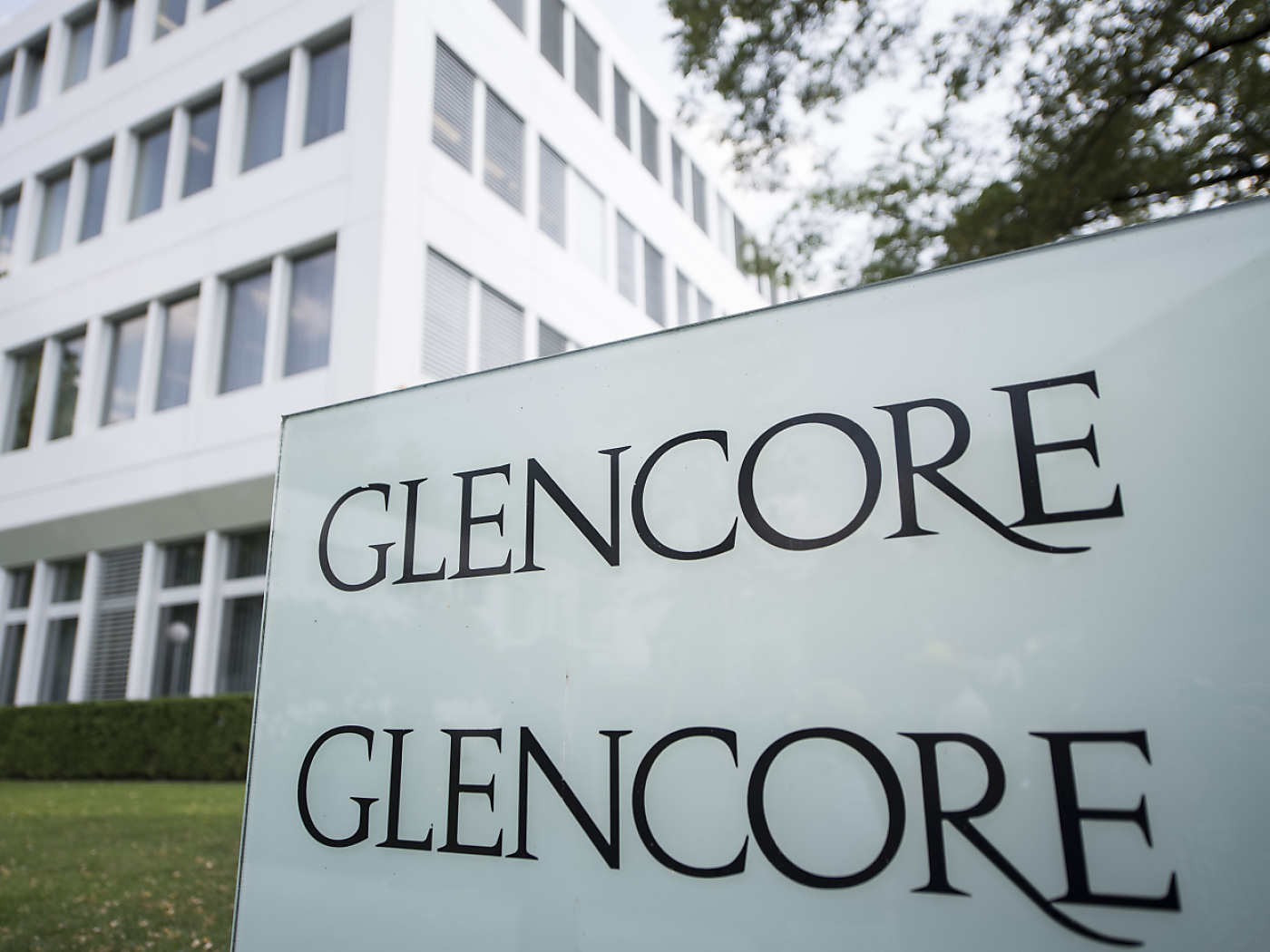
More
Swiss prosecutor hits Glencore with multi-million franc fine
With these latest penalties announced in Switzerland in August, Glencore, headquartered in canton Zug, will have paid at least $1.7 billion to resolve various investigations into bribery and corruption around the world.
The company in 2022 pleaded guilty to corruption and market manipulation cases in the United StatesExternal link and the United KingdomExternal link, admitting that it had paid bribes to win business in South Sudan, Nigeria, Cameroon, the Ivory Coast, Equatorial Guinea, Brazil, Venezuela and the DRC.
Glencore’s former head of oil Alex Beard and five other ex-employees of the Swiss commodity trader will stand trial in a British court in 2027 on bribery charges in Nigeria and Cameroon.
Reduced fines for cooperation
Glencore’s cooperation with Swiss tax authorities during the investigation has allowed it to benefit from a reduced punishment, according to the OAG. However, the company issued a statement saying: “Glencore does not admit the findings of the OAG, but in the interests of resolving this matter has agreed not to appeal the summary penalty order.”
“The OAG stated in the summary penalty order that it did not identify that any Glencore employees had any knowledge of the bribery by the business partner, nor did Glencore benefit financially from the conduct of the business partner”, added in its statementExternal link.
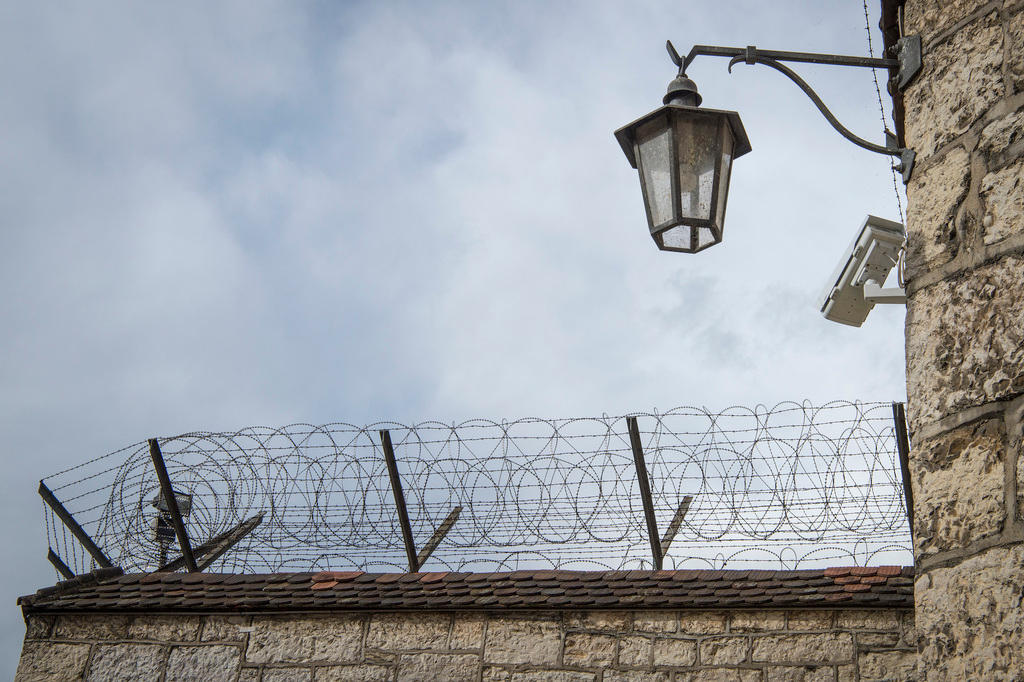
More
Swiss prosecutors have power to hand down verdicts
With Glencore’s decision not to appeal, the penalty orderExternal link becomes a final and enforceable criminal judgment, even if the company never stood trial – Switzerland being the only country where prosecutors have the power to impose a sentence without a judge being involved. The so-called summary penalty order functions like a “verdict offer”. If the defendant does not lodge a rejection within ten days, the penalty order will become a final judgment.
The summary penalty order procedure is a simplified written procedure. There is no public procedure before an ordinary court. Instead, the penalty order is issued by the prosecutor. However, the defendant can demand judicial assessment of his case by objecting to the penalty order.
Summary penalty orders are issued in writing and without justification. Around 90-98% of criminal cases are settled in this way, although it is generally used to deal with less severe cases.
Under Swiss lawExternal link, prosecutors, including the Office of the Attorney GeneralExternal link (OAG), have the power to impose prison sentences of up to six months, as well as fines and penalties. The OAG even has the right to seize unlimited financial assets.
$1 billion lost in public income
The three mining deals in DRC involving Glencore deprived the local population of almost $1 billion in public income. The DRC has received comparatively little in terms of compensation. As part of a settlement for a decade of activities that have been the subject of various investigations in DRC, its government was paid $180 million by Glencore in December 2022. This agreementExternal link covers all possible claims arising from any alleged acts of corruption by Glencore in the DRC between 2007 and 2018.
It is an arrangement that has been the subject of criticismExternal link in the African country, because not only its contents but also the purposes for which this money was used have remained secret.
“Glencore has permanently bought its way out of all accusations of corruption in a non-transparent manner,” explains Mouna Algelly, legal adviser at the Swiss NGO Public EyeExternal link, an organisation which campaigns against Swiss economic prosperity at the expense of other countries.
‘Switzerland was not the victim’
Following the OAG’s $150 million compensation order against Glencore, 14 Congolese NGOs have sent a message to the Swiss legislature, writing that: “The victims of corruption related to Glencore’s activities in the Democratic Republic of Congo are entitled to compensation. Civil society organisations demand the involvement of the Swiss parliament,” says the post on social media X.
#RDCExternal link : Les victimes de la #corruptionExternal link liée aux activités de #GlencoreExternal link en R.D #CongoExternal link ont droit à une indemnisation. Les organisations de la #sociétéExternal link civile demandent l’implication de l’#AssembléeExternal link #FédéraleExternal link #SuisseExternal link @AmbSuisseRDCExternal link @USAmbDRCExternal link @ConstantMutambaExternal link @publiceye_chExternal link @PWYPtweetsExternal link pic.twitter.com/pQTuOF2gNuExternal link
— OEARSE RDC (@OearseRdc) September 21, 2024External link
“We must start from the logic that the events for which Glencore has already been blamed took place in the Democratic Republic of Congo. This means that the Congolese people were deprived, through corruption, of money that should have been directed to them. Switzerland was not the direct victim of the acts of which Glencore is accused, but the DRC,” Jean-Claude Katande, president of the African Human Rights Association, oneExternal link of the 14 organisations which signed the letter to Bern, told SWI swissinfo.ch.
Speaking from Kinshasa, he added: “We hope that Switzerland will allocate at least part of the compensation claimed in the case against Glencore to finance social investments, such as schools or hospitals, in the communities of the DRC affected by the acts of corruption exposed by the Swiss investigation. Corruption is an attack against democracy and human rights because it deprives governments of the means they need to improve them.”
One Swiss legislator is echoing the calls of the DRC NGOs for compensation to be directed to the country. Christian Dandrès, legislator for the canton of Geneva for the left-wing Social Democratic Party, has submittedExternal link a postulateExternal link asking the Swiss government to consider measures to ensure that confiscated assets and compensatory claims imposed on Swiss-based multinationals for offences committed abroad benefit the populations of the countries where those offences were committed.
For Dandrès, Switzerland should rethink how it deals with such cases of corruption.
“Such fines and compensatory amounts should no longer be conditional on states having assisted in the proceedings that led to those sanctions. The Federal Council will also have to examine the possibility of allocating these funds to humanitarian, development, or human rights projects run by civil society in these countries or by bilateral or international cooperation,” Dandrès told SWI.
CHF638 million in compensation
In the last ten years, the OAG has condemned nine companies in corporate liability proceedings concerning the corruption of foreign public officials. Compensation claims in these cases amounted to CHF638 million, explained the Swiss government in a parliamentary answerExternal link to Dandrès. Currently these funds benefit the Swiss state.
For Dandrès, it is time this changed: “Hence the importance of starting discussions on how to contribute to a better balance of the amounts collected for corrupt actions of our companies abroad. I know that we are at the beginning and that there is a big raw materials trade lobby in Switzerland, but also in those sectors solutions are currently being sought to clean up Switzerland’s reputation.”
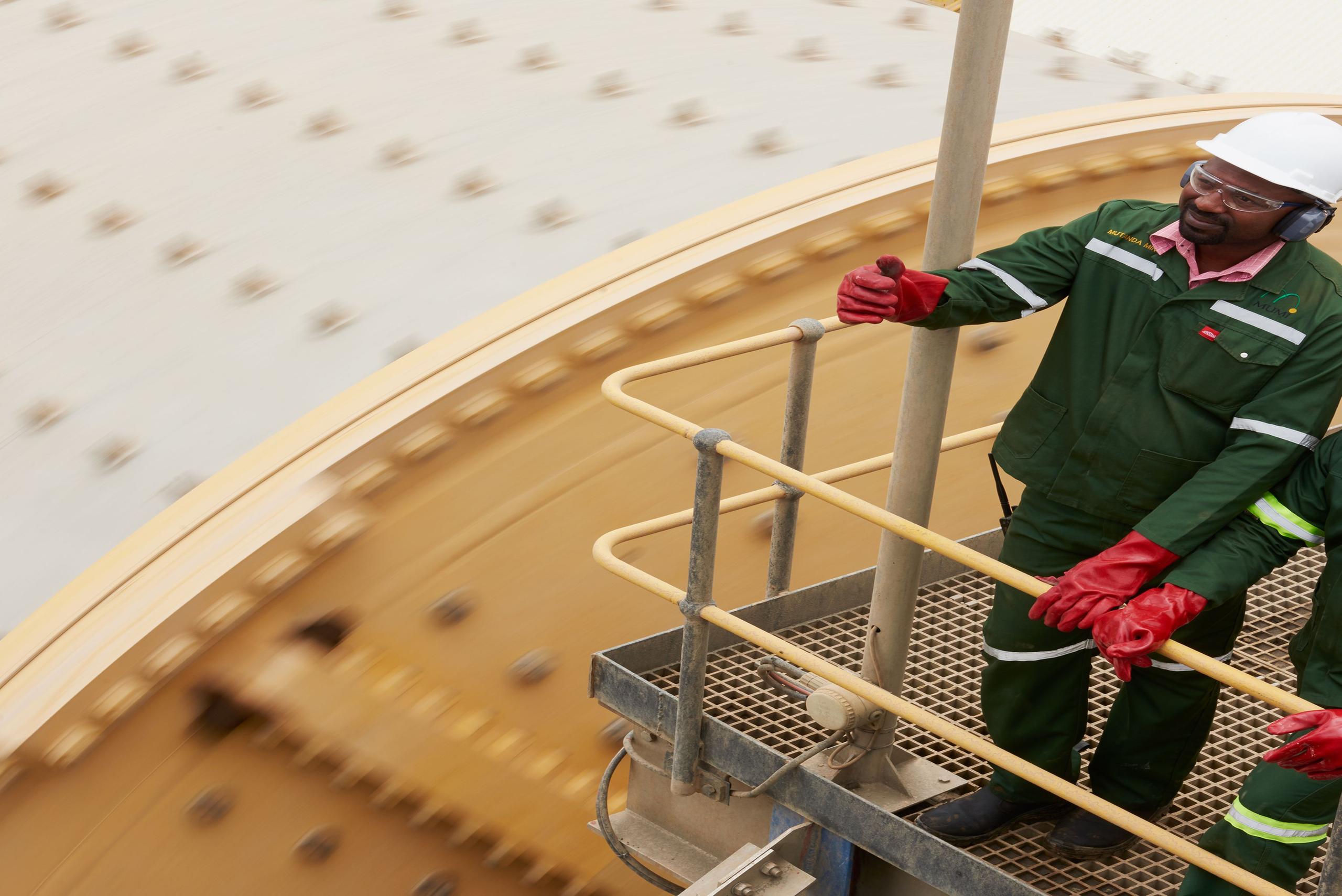
More
How Glencore does its homework
Vote in Swiss parliament
As for his postulateExternal link, he will have to wait until next year to see the outcome. Submitted on September 25, the Federal Council, Switzerland’s government, is expected to take a position by the end of November.
“As the text will not be put to the vote until the spring or summer session, the Swiss People’s Party parliamentary group will not decide on this proposal until next year,” said Thomas Aeschi, president of the Commission for Economic Affairs in the House of Representatives and president of the parliamentary group of the right-wing Swiss People’s Party, the largest party in the parliament.
Dandrès remains optimistic. “I have faith in change and there is much to analyse to prevent these amounts from returning to the hands of corrupt regimes. Let’s start the discussion.”
Edited by Lindsey Johnstone/vm

More
Our weekly newsletter on foreign affairs

In compliance with the JTI standards
More: SWI swissinfo.ch certified by the Journalism Trust Initiative








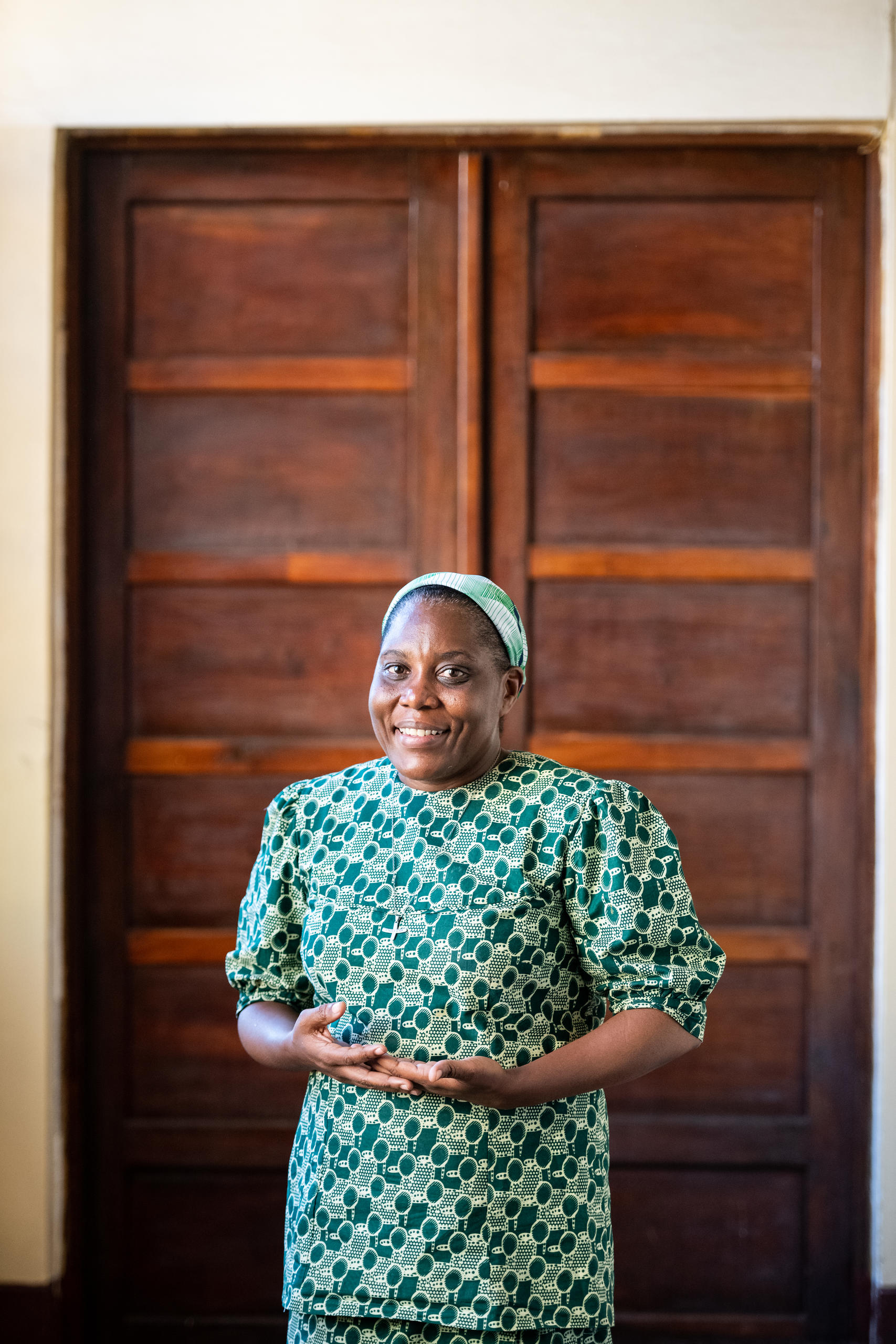
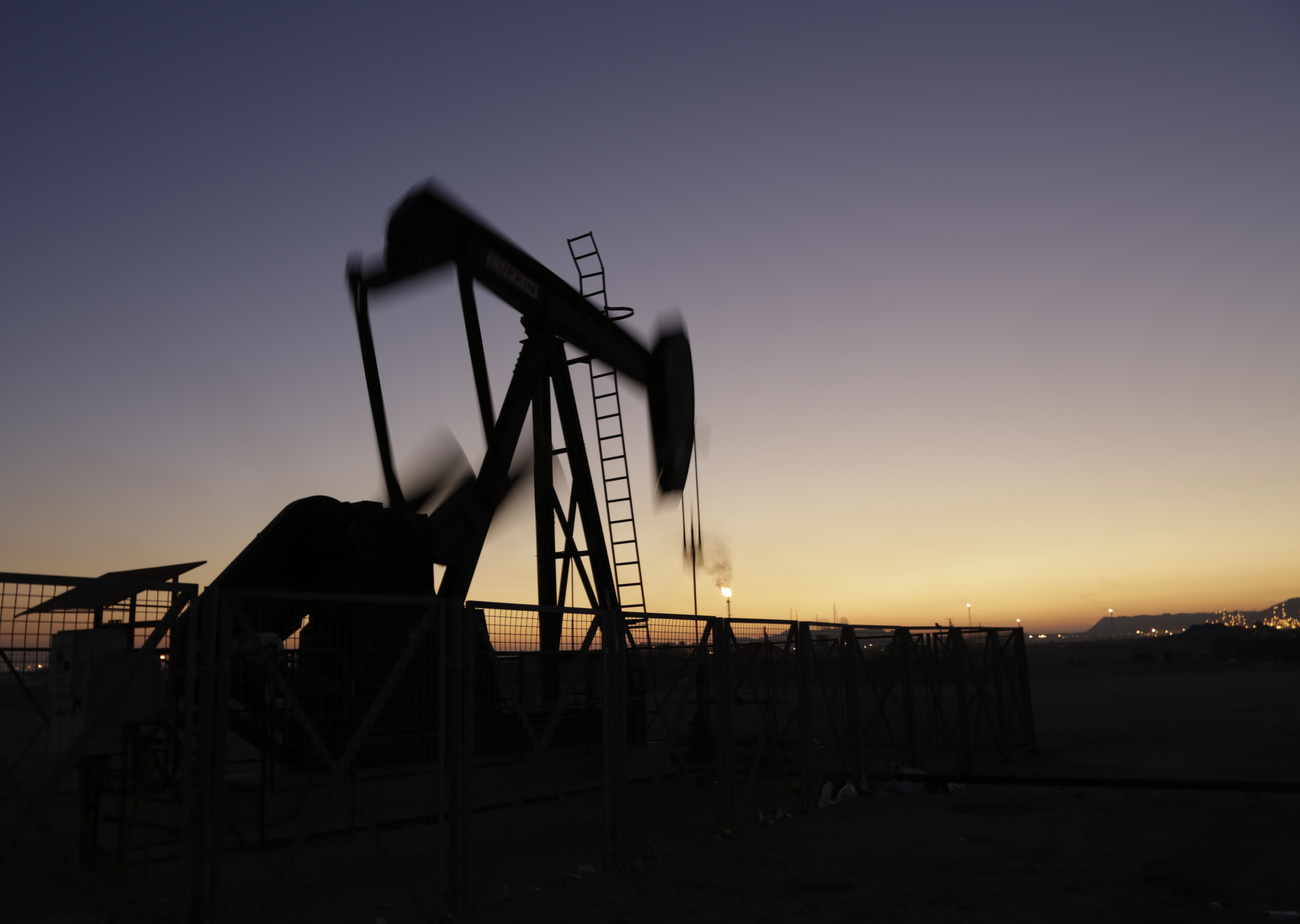
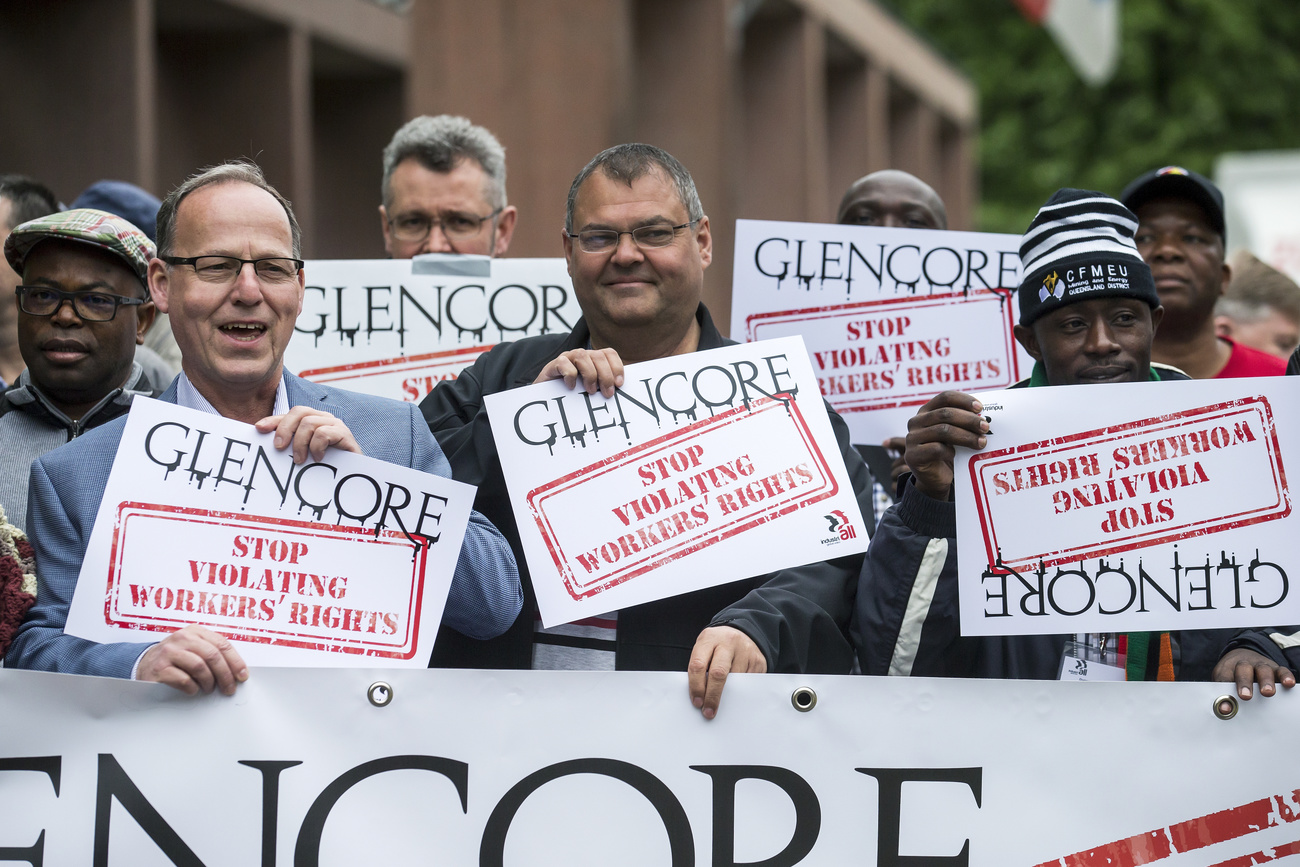

You can find an overview of ongoing debates with our journalists here . Please join us!
If you want to start a conversation about a topic raised in this article or want to report factual errors, email us at english@swissinfo.ch.